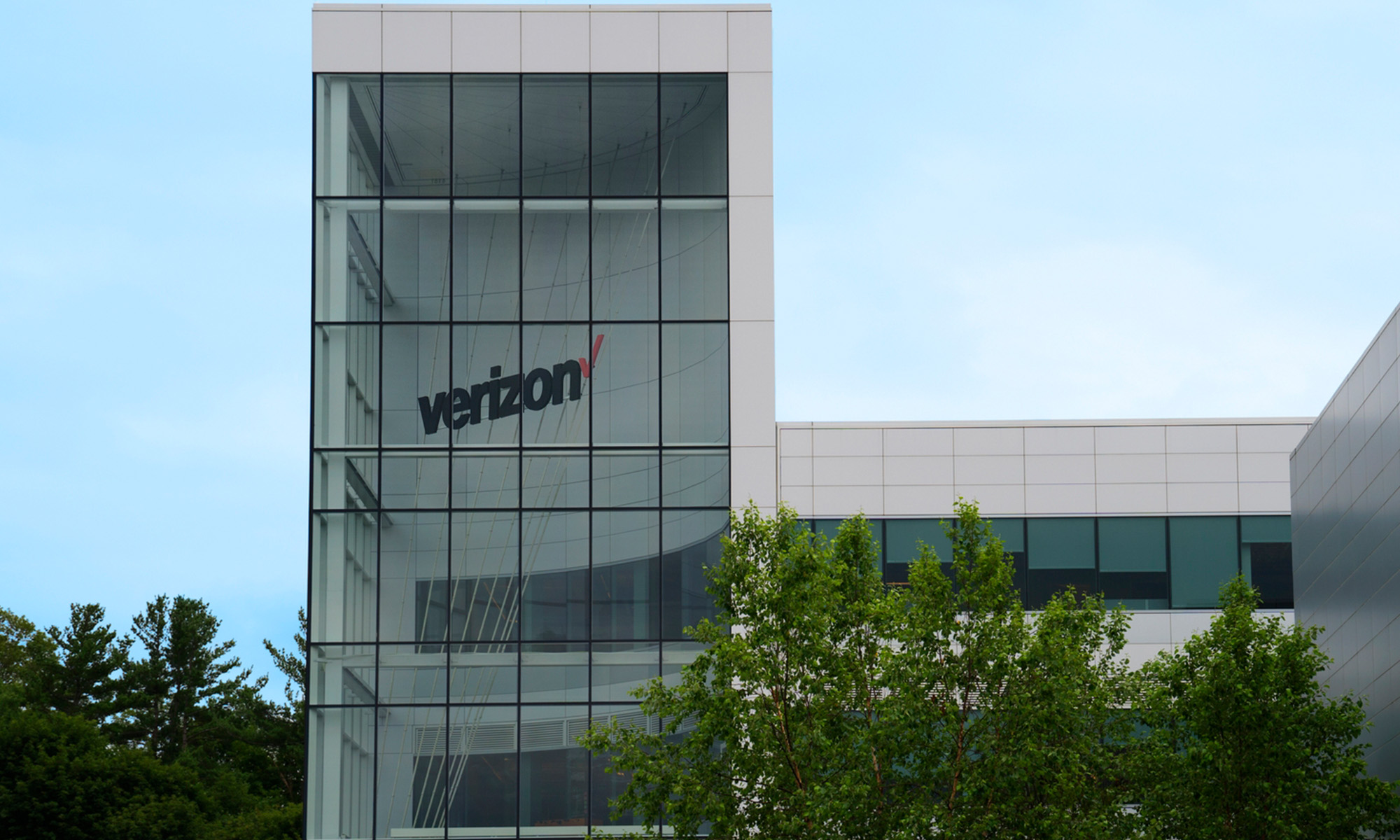Verizon (VZ +0.40%) has decided to break rank from its telecom peers such as AT&T (T 0.04%) and DirecTV (DTV +0.00%). Instead of attempting to create synergy through horizontal acquisitions, Verizon is innovating with new services that are organically growing its top and bottom lines. Verizon's innovative services, like FiOS, will increase shareholder value when the tech revolution called "the Internet of Things" reaches fruition.
FiOS could be huge

FiOS is a fiber optic-based Internet service offered by Verizon. The service can offer Internet speeds of up to 500 megabytes per second. Verizon wants to take advantage of the current distaste for Internet providers in the United States by offering its FiOS service, which is a much faster and more reliable alternative to traditional broadband.
Of course, Verizon isn't the only company to identify the opportunity to make money with fiber optics. Google has a similar service called Fiber. Google's service offers connection speeds twice as fast as FiOS; however, when you're comparing 500Mbps to 1,000Mbps, the difference is barely noticeable. What separates Verizon from fiber competitors such as Google is its massive existing network. Verizon can use its network to expand its FiOS business. Google Fiber has been around since 2011 and is available in only three metropolitan areas in the U.S.
FiOS has two different services: Internet and video. The video service has over 485 channels with mobile capabilities. The digital phone service has 99.9% reliability. This service will help connect various devices to one-another through the Internet. The concept is called "Internet of things". The number of devices connected to the Internet is projected to skyrocket over the next ten years. As this happens, Verizon will be there with its FiOS service to meet the increased demand for bandwidth.
What FiOS means for investors
FiOS has already become a major revenue stream for Verizon. Between 2012-2014, the total number of FiOS subscribers has risen by approximately 24% (over 11% per year). In the three months ended March 31, 2014, FiOS generated nearly $2.9 billion in revenue, roughly 75% of Verizon's total consumer retail sales, and nearly 10% of its total revenue.
As more consumers switch to fiber and more devices are linked to the Net, FiOS should continue gaining subscribers and growing Verizon's top line.

Source: Michael Nielsen, using data from Verizon's quarterly reports.
Telecom investors should seek companies that focus on innovation. As telecom companies continue consolidating, the playing field will become more competitive. Companies like Verizon, which are investing today for the trends of tomorrow, will be able to compete in the future oligopoly like telecom industry.
Is AT&T a better choice than Verizon?
On the surface, AT&T may seem like a better investment than Verizon. Its P/E ratio is slightly lower at 10.31 times trailing earnings, compared to Verizon's P/E of 11.12 times. Also, Verizon's debt-to-equity ratio is about 10 times higher than AT&T's. However, there are a few reasons Verizon is still a better value than AT&T.
It's a better brand. Verizon is notorious for having the best internet service in the U.S. This good reputation has manifested itself in several consumer reviews and surveys, where Verizon places first overall against other large providers. In the U.S. 2013 Residential Television Service Provider Satisfaction Study conducted by J.D. Power, Verizon FiOS was the best-rated service, followed by DISH Network and DirecTV.
Verizon is focusing 100% of its time and resources on innovating its own business. In contrast, AT&T is focusing on horizontal acquisitions in an attempt to bundle more services and expand its subscriber base. Although AT&T's acquisition of DirecTV may create some synergy, in today's fast-paced world of technology and telecom, the innovators, not the deal-makers, will win in the long run.
When Verizon purchased 45% of its shares back from Vodafone earlier this year, it used a large amount of leverage. That debt is still on its balance sheet, but will probably be paid down over the next few years.
Editor's Note: The original article referred to FIOS as a wireless telecom service. This version has been corrected.







